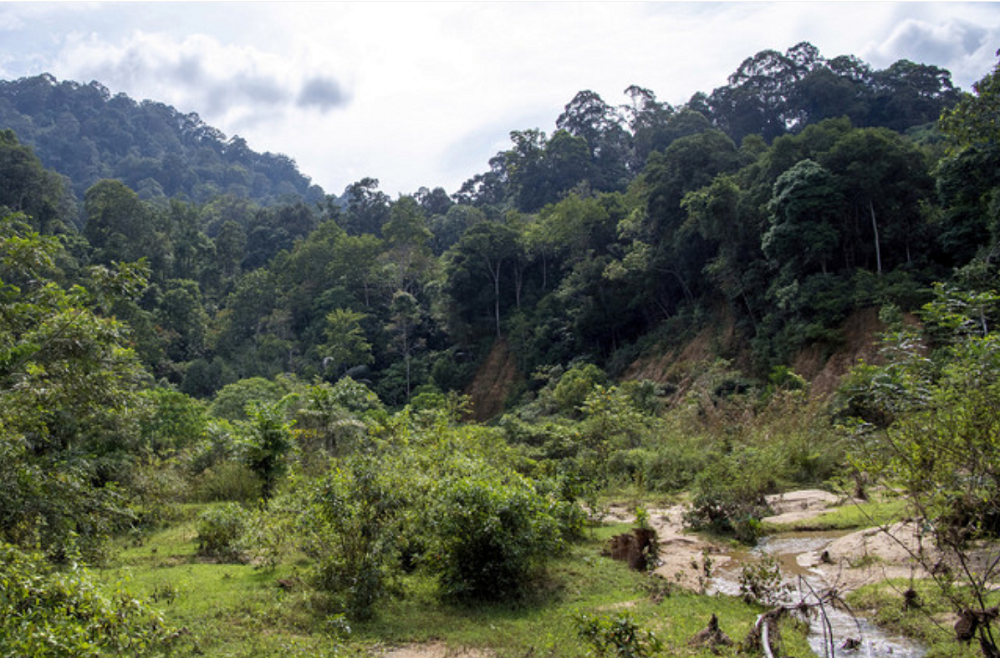KUALA LUMPUR, Jan 31 — The Kelantan state government had suspended a certification requirement that would have compelled logging companies to meet sustainable forest management standards since 2016, according to Sahabat Alam.
The environmental watchdog said the PAS led administration had put a stop to the ‘Malaysian Criteria and Indicators for Sustainable Forest Management’ (MC&I) indefinitely for six years now, a policy that casts serious doubts over its forest conservation pledge.
The MCI, a programme under the Malaysian Timber Certification System for six years, was introduced as a way to bind logging firms to sustainable practices by reserving licences for those that meet the certification standards.
This includes putting in place a selective management system (SMS), a method designed to optimise the economic benefits of a forest while mitigating its harmful impact.
“If the Kelantan government is genuinely committed to ensure all permanent forest reserves are managed under the Sustainable Forest Management (PHSB) and meeting the annual logging quota target, then why is the MC suspended by the Kelantan Forest Management Unit since 2016?” Meor Razak Meor Abdul Rahman, an activist with the group, asked.
“Was the certification by the Kelantan UPH suspended because they have transgressed the logging quota and raised monoculture farms in forest reserves that are supposed to practice SMS”
Logging in Kelantan has long drawn critics’ attention. The industry has been blamed for the rapid deforestation in the state, which groups said is causing massive destruction to its biodiversity, displacing wild life as well as indigenous tribes that have relied on the jungle as a source of livelihood for centuries.
Despite the mounting scrutiny, the PAS-led state administration has repeatedly insisted that logging in the state is safe for the environment.
Critics, however, said data and studies on logging in the state suggest the opposite and are often played down or dismissed by state officials who according to detractors enjoy cordial ties with the industry.
Sahabat Alam said the certification suspension was indicative of the Kelantan government’s lack of political will and the absence of a genuine policy to manage forest resources sustainably.
Meor Razak said there is an urgent need to scrutinise the state’s support for monoculture farming on former logging areas designated as permanent forest reserves.
Close to a third of protected forest reserves have been earmarked for monoculture plantations and mining, the activist said.
Large scale monocrop farming often involves massive land clearing that activists said is a major contributor to climate change and wildlife displacement.
While some forest farming is tolerable, loose regulation and pro-business policies have allowed private firms to bypass laws to tap forest reserves for commercial farming.
“Large scale forest farming has been directly linked to increased flooding, as tree felling disrupts the hydrology system that absorbs water from heavy rain,” Meor noted.



















